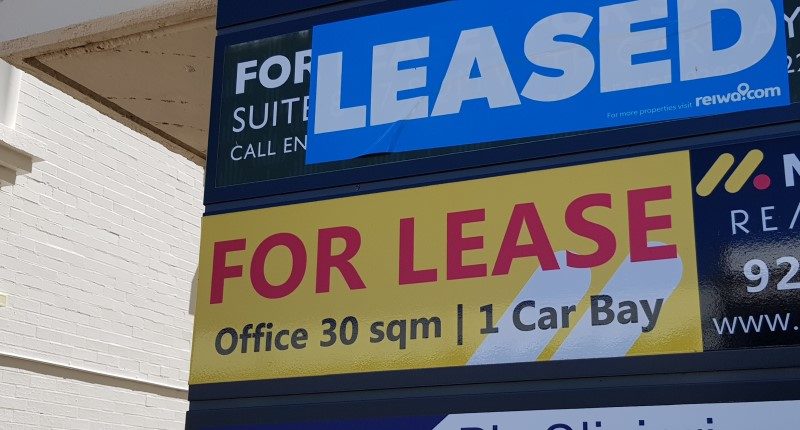- In gross rentals, lessee pays the rent only, which includes all expenses
- In net rentals, there is a more complicated formula which depends on budgets
- Budgets for variable outgoings need preparation at the end of each financial year
The last and first quarters of the financial year are always bustling in commercial property management. One of the main reasons for this is to do with budgets and reconciliations.
Budgets, reconciliation, audits, variable outgoings, on-demand, net leases, gross leases, retail, commercial & industrial tenancies are all terms we use in commercial management that go hand in hand with budgets.
Gross Leases
We always refer to the lease agreements to understand the rights and obligations of the different parties to the lease. In some cases, ‘gross leases’, the lessee pays only for the rent, which includes all leased property expenses. This type of tenancy means that the lessee does not compensate the lessor for any outgoings. Hence, budgets or reconciliations are not required in this instance.
In other situations, the properties’ occupants reimburse the lessor for the actual amount of the original bill (or their portion of the bill based on the square meter or agreement as per the lease). There is less of a need for budgets with these setups, and reconciliation is not always required, as evidence for the charge is provided when we request payment. It remains a conforming habit to review the accounts from time to time to ensure accuracy, especially at the end of the tenancy.
Net Rentals
In other tenancies, net rentals, tenants pay rent plus variable outgoings (V0’s) plus GST. We base the monthly contributions that the lessee makes towards the yearly expenses on a budget. Property managers prepare and provide the variable outgoings predictions for the new financial year in the last quarter of the current year. Once all the accounts are at hand, a property manager will reconcile the expenses. In this way, we ensure that the lessee’s contributions and the actual property expenses balance. The shortfall or credit can be brought forward, refunded or invoiced, depending on the parties’ situation and agreement.
In some cases, the lease or the Retail Tenancy’s Act requires an independent party to audit the reconciliation. In short, this party will review the accounts to ensure that the lessee paid the correct yearly amount. They will provide a report, which you can share with the relevant parties to the Lease, and then follow the standard protocol with the agreed shortfall or credit.
The end of the financial year is nearing, so we will start to prepare the budgets soon. The reconciliation can begin once all the accounts are at hand, and then before you know it, we are off to a new summer and festive season.
The year goes by so fast.








